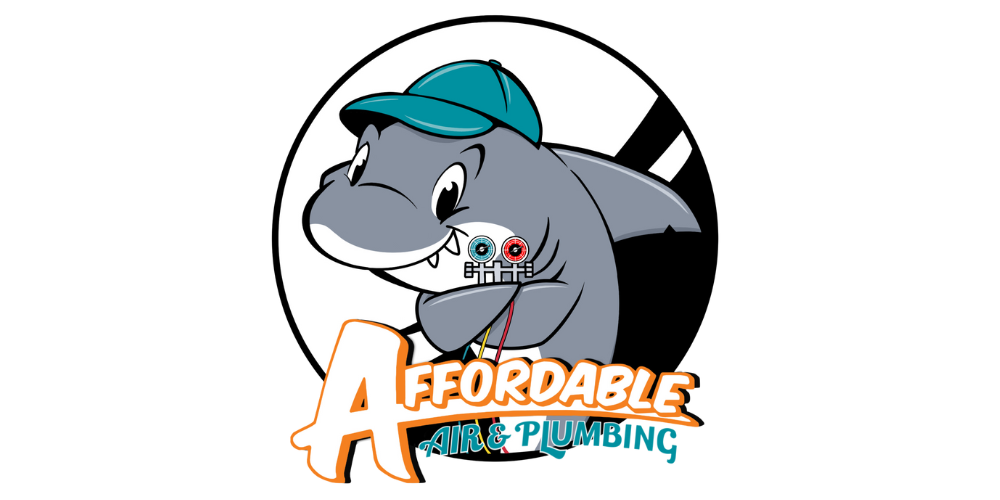How Water Heaters Work: An Exploration Piece
Water heaters are essential appliances in most homes, providing hot water for bathing, cooking, cleaning, and other daily activities. Understanding how they work can help you maintain them better and choose the right type for your needs. Here’s a comprehensive look into how water heaters operate.
Types of Water Heaters
There are several types of water heaters, each operating slightly differently:
Tank Water Heaters: These are the most common type. They store and heat a large volume of water in a tank.
Tankless Water Heaters: Also known as on-demand water heaters, these heat water only when needed.
Heat Pump Water Heaters: These use electricity to move heat from the air or ground to heat water.
Solar Water Heaters: These use solar panels to heat water using energy from the sun.
Components of a Water Heater
Regardless of the type, all water heaters have some basic components:
Thermostat: Controls the temperature of the water.
Heating Element: Heats the water. In electric models, this is an electric heating element. In gas models, it’s a gas burner.
Tank (for tank models): Stores hot water until it’s needed.
Heat Exchanger (for tankless models): Quickly heats water as it passes through.
How Tank Water Heaters Work
In a traditional tank water heater:
Cold Water Intake: Cold water enters the tank through a dip tube.
Heating Process: A thermostat monitors the water temperature and activates the heating element or gas burner when needed.
Hot Water Delivery: Once the water reaches the set temperature, it’s ready for use and flows out through the hot water outlet when you turn on a tap.
Insulation: The tank is insulated to maintain the water temperature.
Safety Features: Includes a pressure relief valve to prevent the tank from over-pressurizing and potentially bursting.
How Tankless Water Heaters Work
Tankless water heaters, on the other hand, heat water directly without storing it in a tank:
Activation: When you turn on a hot water tap, cold water travels through a pipe into the unit.
Heating Process: A flow sensor detects the water flow and activates the heating element or gas burner.
Instant Heating: The heat exchanger quickly heats the water to the desired temperature as it flows through.
Continuous Supply: As long as the tap is on, the unit will continue to provide hot water.
How Heat Pump Water Heaters Work
Heat pump water heaters use electricity to move heat rather than generate it directly:
Heat Absorption: The heat pump draws heat from the surrounding air or ground.
Heat Transfer: The absorbed heat is transferred to a refrigerant, which is compressed to increase its temperature.
Heat Exchange: The heated refrigerant passes through a heat exchanger, transferring the heat to the water in the tank.
Efficiency: This process is highly efficient as it uses less electricity compared to traditional electric water heaters.
Solar water heaters use energy from the sun to heat water:
Solar Collectors: Often made of metal and glass to absorb heat.
Heat Transfer: A fluid, often water or a non-freezing liquid, circulates through the solar collectors, absorbing the heat.
Storage Tank: The heated fluid flows to a storage tank, where it heats the water.
Backup Heating: On cloudy days or during high demand, a backup heating system (electric or gas) ensures a continuous hot water supply.
Maintenance Tips
Regular maintenance can extend the life of your water heater and ensure it operates efficiently:
Flushing the Tank: For tank models, flush the tank annually to remove sediment buildup.
Checking the Anode Rod: Inspect and replace the anode rod in tank models every 3-5 years to prevent rusting.
Cleaning the Air Intake Filter: For tankless models, clean the air intake filter regularly to maintain proper airflow.
Inspecting for Leaks: Regularly check for any leaks or signs of corrosion.
Ensuring Efficient Hot Water Supply: Final Thoughts
Understanding how water heaters work can help you troubleshoot minor issues, perform basic maintenance, and make informed decisions when choosing a new unit. Whether you have a traditional tank model or a modern tankless unit, knowing the basics of their operation can ensure you always have a reliable supply of hot water.

